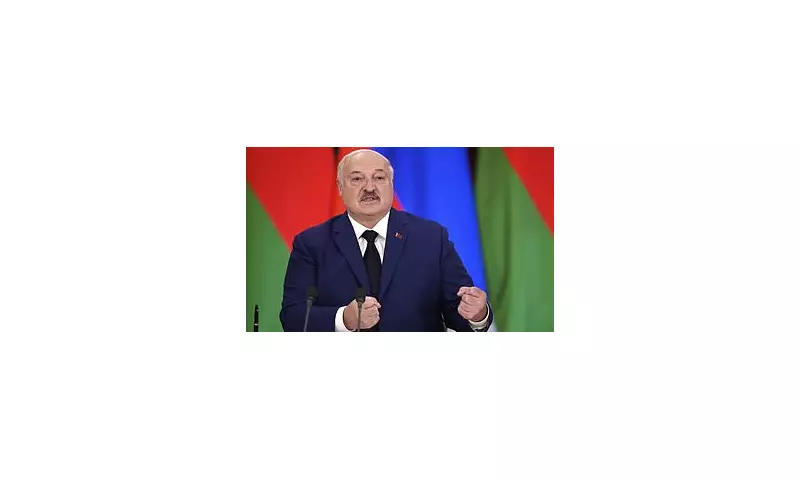
In a move that has sent ripples through the international community, the long-standing authoritarian leader of Belarus, Alexander Lukashenko, has granted pardons to dozens of prisoners. The mass release is widely seen as a strategic concession directly tied to ongoing negotiations with the United States.
The decision, confirmed by the Belarusian judiciary, led to the immediate freeing of individuals from various penitentiaries across the nation. Among those unexpectedly granted their liberty is a British national, whose identity and charges have not been fully disclosed to the public.
A Calculated Move for Sanctions Relief
Analysts are quick to point out that this act of clemency is far from altruistic. It is perceived as a key bargaining chip in Lukashenko's efforts to secure the lifting of crippling economic sanctions imposed by Washington and its Western allies. These sanctions were initially levied in response to the brutal crackdown on pro-democracy protests and the blatant rigging of the 2020 presidential election that kept him in power.
'This is a classic tactic of authoritarian regimes,' stated a senior fellow from a leading foreign policy think tank. 'They use human lives as pawns in a larger game of geopolitical chess, offering concessions they can easily spin as goodwill gestures while seeking much-needed economic relief.'
The British Connection and International Reaction
The inclusion of a British citizen in the pardon adds a significant layer to the story. The UK Foreign Office is likely monitoring the situation closely, balancing concerns for the individual's welfare with the broader political context of dealing with the Lukashenko regime. The development has sparked debate among policymakers on how to respond to such overtures without legitimising authoritarian tactics.
The US State Department has yet to issue an official statement confirming any direct quid-pro-quo agreement. However, sources suggest that behind-the-scenes talks have been underway, exploring pathways to de-escalation contingent upon tangible improvements in Belarus's human rights record.
What Happens Next?
The world now watches to see if this prisoner release will be followed by further actions, such as the release of high-profile political prisoners like Nobel Peace Prize laureate Ales Bialiatski. The lifting of US sanctions would provide a vital economic lifeline to Lukashenko's isolated government, but it remains uncertain if this single act will be sufficient to meet Western demands for sustained democratic reform.
This event underscores the complex and often murky nature of international diplomacy, where humanitarian outcomes can be driven by cold, realpolitik calculations.





